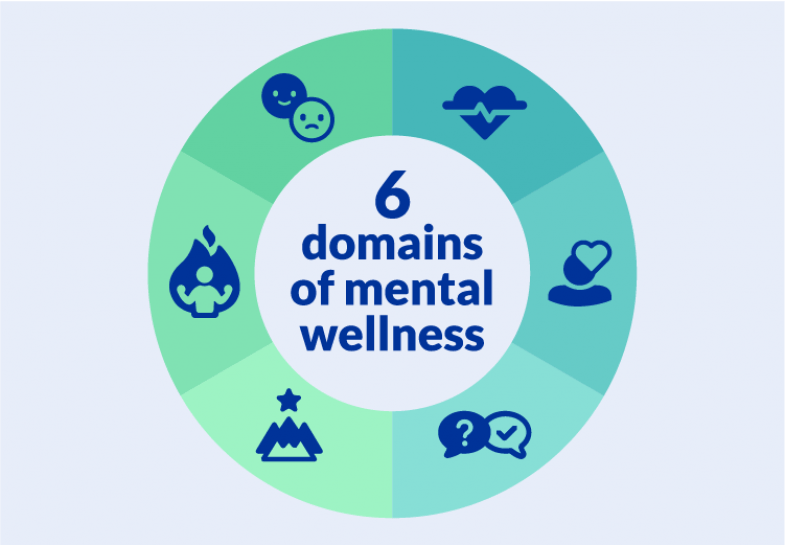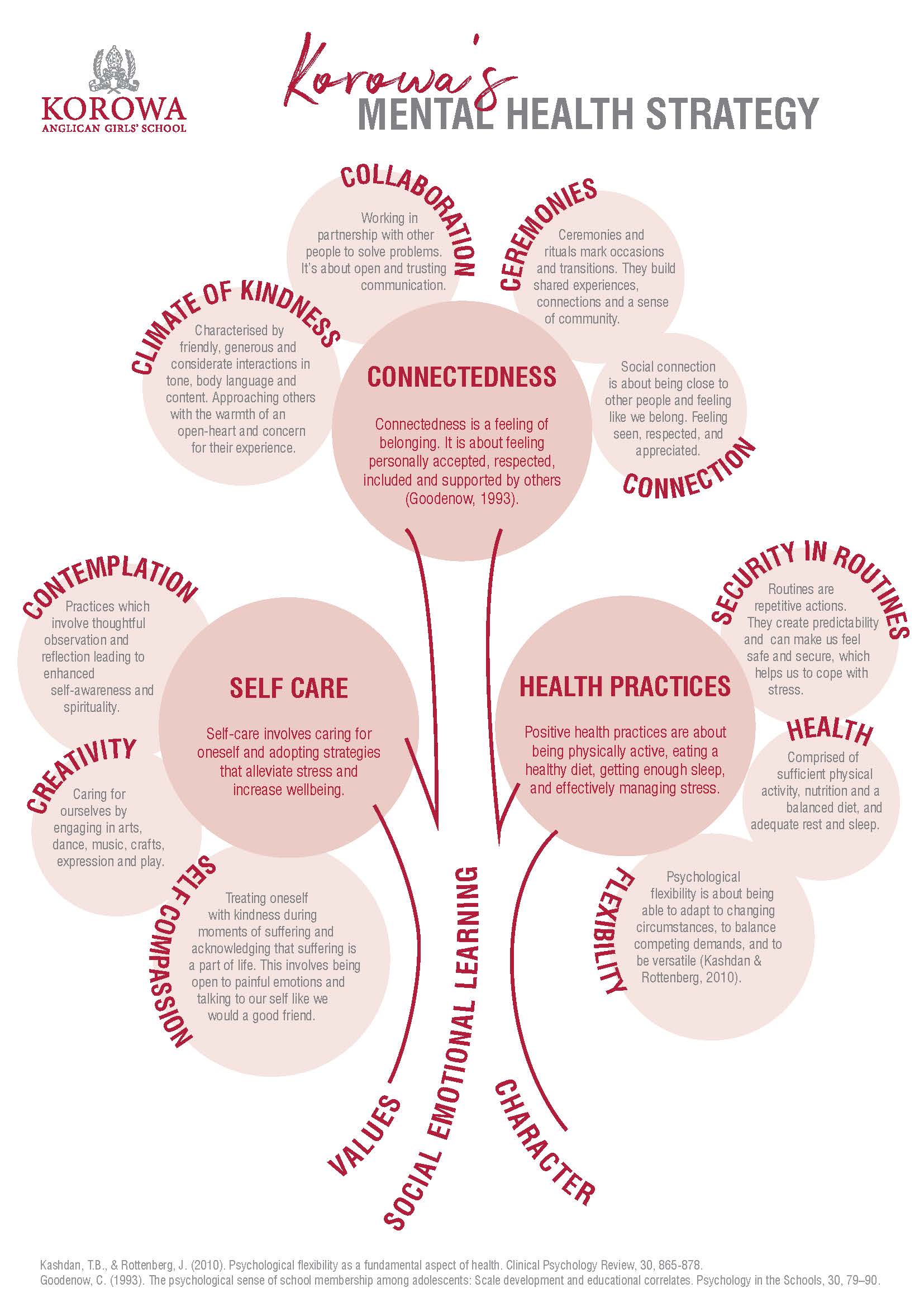Nurturing Mental Wellbeing: Strategies for a Balanced Life

Nurturing Mental Wellbeing: Strategies for a Balanced Life
In the fast-paced world we inhabit, prioritizing mental wellbeing is essential for a fulfilling and balanced life. This article explores various strategies and practices to nurture mental wellbeing, offering insights into creating a harmonious relationship with oneself and the surrounding environment.
Understanding the Foundations of Mental Wellbeing
At the core of mental wellbeing is a comprehensive understanding of its foundations. This includes acknowledging the importance of emotional health, stress management, and the impact of positive relationships on one’s mental state. Establishing a strong foundation involves self-awareness and a commitment to fostering a positive mindset.
Prioritizing Self-Care Practices
Self-care is a fundamental aspect of promoting mental wellbeing. This encompasses various practices, from physical activities like exercise and adequate sleep to engaging in activities that bring joy and relaxation. Prioritizing self-care is an act of self-love, contributing to stress reduction and overall mental resilience.
Cultivating Mindfulness and Present Moment Awareness
Mindfulness is a powerful tool for enhancing mental wellbeing. Cultivating the ability to be present in the moment reduces anxiety about the future and regrets about the past. Mindfulness practices, such as meditation and deep-breathing exercises, help individuals stay grounded and appreciate the beauty of the present.
Building Positive Relationships and Social Connections
Social connections play a crucial role in mental wellbeing. Building positive relationships with friends, family, and the community provides emotional support and a sense of belonging. Meaningful connections contribute to a strong support system, fostering resilience during challenging times.
Managing Stress Through Healthy Coping Mechanisms
Stress is an inevitable part of life, but managing it effectively is key to maintaining mental wellbeing. Healthy coping mechanisms, such as journaling, engaging in hobbies, or seeking professional support when needed, empower individuals to navigate stressors with resilience and adaptability.
Establishing Healthy Boundaries
Maintaining mental wellbeing involves setting and enforcing healthy boundaries. This applies to relationships, work, and personal commitments. Recognizing and communicating one’s limits fosters a balanced life and prevents burnout, ensuring that mental health remains a priority.
Embracing Continuous Learning and Personal Growth
Engaging in continuous learning and personal growth contributes to a sense of purpose and fulfillment. Whether through formal education, skill development, or pursuing hobbies, the journey of self-improvement enhances mental wellbeing by fostering a positive outlook on life.
Fostering a Positive Work-Life Balance
Balancing professional and personal life is integral to mental wellbeing. Establishing clear boundaries between work and personal time, taking breaks, and prioritizing leisure activities contribute to a healthy work-life balance. This equilibrium is essential for preventing burnout and maintaining overall life satisfaction.
Seeking Professional Support When Needed
Acknowledging the importance of seeking professional support is a sign of strength. Mental health professionals can provide guidance, counseling, and therapeutic interventions when individuals face challenges beyond their coping capacity. Initiating this support demonstrates a proactive approach to maintaining mental wellbeing.
Explore Strategies for Mental Wellbeing at Mental Wellbeing
For those seeking comprehensive insights and resources on nurturing mental wellbeing, visit Mental Wellbeing. The link offers a wealth of





